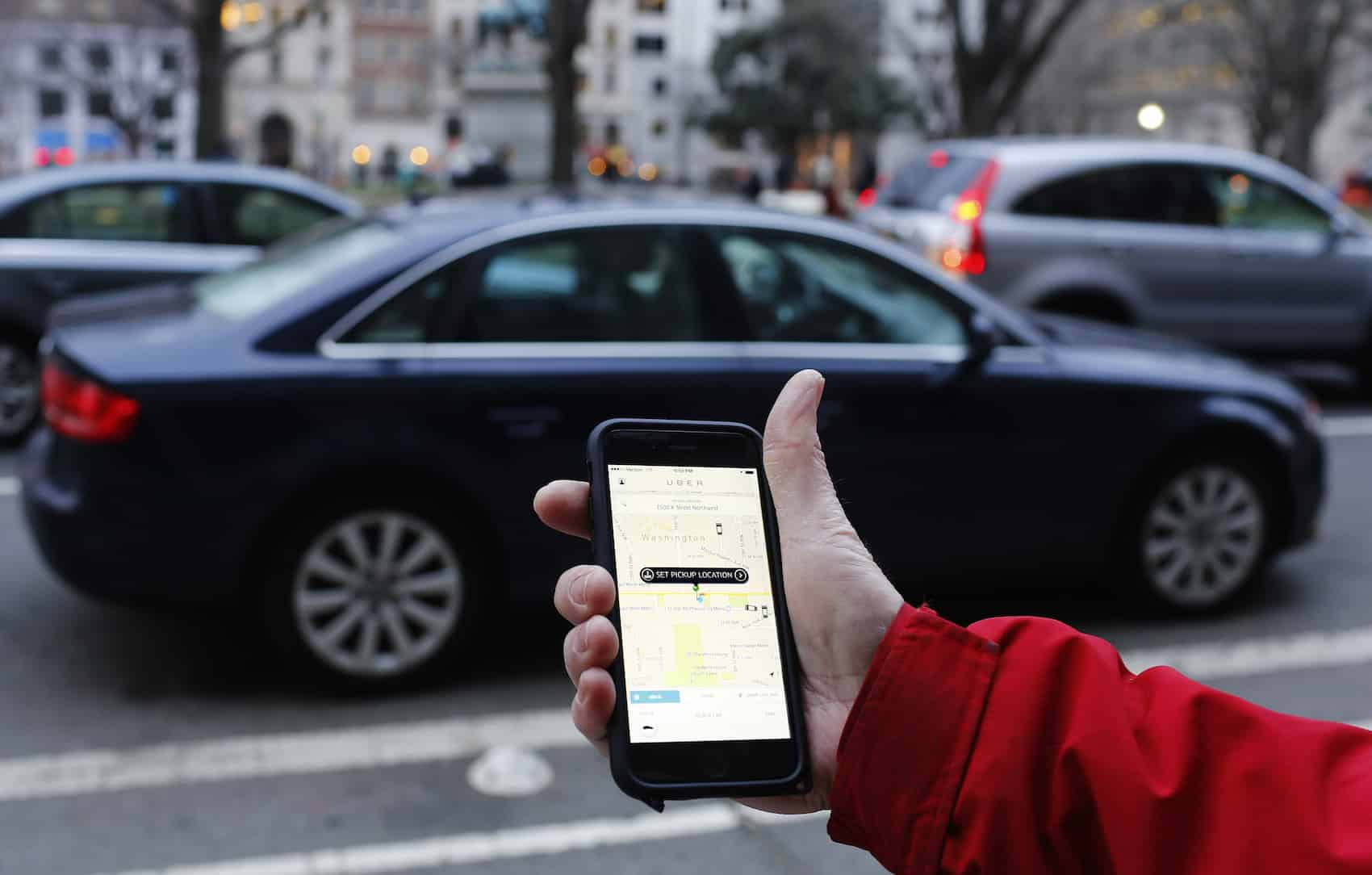Aspiring Uber drivers carved out a few hours of their Mother’s Day holiday Saturday to learn about the ride-hailing service as it waits for a green light from the government to start operations in Costa Rica.
Max Cortés, Latin American Expansion Manager for Uber, told would-be drivers that the company could start operating any day as it waits for the final details to be cleared with the government. Once the OK comes down, Uber could be up and running in two days time, he said.
Uber will start offering rides in the San José area — from Lindora to Curridabat and Heredia — before expanding to other parts of the country.
Uber is a smartphone application that allows riders to hail a private car using their phone’s GPS service and pay for the ride with a pre-loaded credit card. There are already ride-hailing apps in Costa Rica, like Easy Taxi, but these services do not support Uber’s online payment system that avoids the need to exchange cash or credit cards in the taxi.
It is against Uber policy for drivers to exchange cash or accept tips.
Cortés told The Tico Times that he understood the company, recently valued at $50 billion, was entering Costa Rica at a time when tensions were already running high between the government, licensed taxi drivers and porteadores — private car service companies.
Earlier this summer, President Luis Guillermo Solís’ administration said that it would not renew 1,500 concessions for porteadores, a move that triggered roadblocks across the country. The country’s iconic red taxis, meanwhile, have demonstrated against any extension of private car services, be they porteadores or Uber.
Cortés said he thought Uber Costa Rica would face the same principle challenge as the company has elsewhere: disruption.
“It’s the change that technology brings, including to transportation. Any change brings a moment of volatility and a response,” he said. “So what’s next? Communication, education. Be inclusive, include all the sectors involved.”
The expansion manager said that the base ride for an UberX ride — the company’s basic ride-hailing service — would have a minimum charge of ₡1,000, or less than $2. Beyond the initial ₡1,000 fare, the ride would cost ₡50 per minute and ₡300 per kilometer traveled.
Uber takes a 20 percent commission based on the value of the ride. Cortés told the audience at the driver training Saturday that Uber only makes money when drivers do.
Anyone interested in signing up as a “partner” would need to have a car with four doors, a motor that is at least 1.4 L and no older than 2008. Drivers need to meet all legal requirements to drive in Costa Rica, pass a background check, an Uber inspection of the vehicle and have commercial car insurance that includes damages to other vehicles.
Cortés was not phased by Vice Minister of Transport Sebastián Urbina’s comments to daily La Nación warning that Uber drivers would be considered “pirates” and could risk fines and even losing their license plates.
“Well, we haven’t started operations,” Cortés said. Vice Minister Urbina “is waiting to see the structure and the structure is one that, under the best intentions to meet the law, we think is legal. Really legal, not some trick.”
The afternoon session that The Tico Times attended at the Hotel Auténtico included a mix of first time drivers and experienced veterans. No women drivers were present.
David Romero, a 35-year-old student, has never worked as a driver but said that he came because he wanted to use Uber as a way to supplement his income.
Carlos Leton, meanwhile, has been a licensed taxi driver since 1995. With 20 years experience behind the wheel of a red taxi, the 57-year-old said he thought the service’s 5-star rating system would encourage Uber drivers and classic red cabs to improve their level of service.
“They’re going to improve their service because they’re going to see they have to, they can’t keep going on like they have,” Leton said, noting that many of his colleagues today don’t meet certain standards of sevice.
Leton said that he thought Uber was an inevitability that Costa Rica should embrace, not fight.
“What are we going to do, pass a law against Uber? We need to open up ourselves and welcome businesses like this,” Leton said.
Cortés said this shock to the status quo was the same that Uber has caused in other countries.
“There are realities today that did not exist when the transportation laws were written, not just here but around the world. It’s something new and the world changes faster than it used to. But we’re open to dialogue,” he said.






